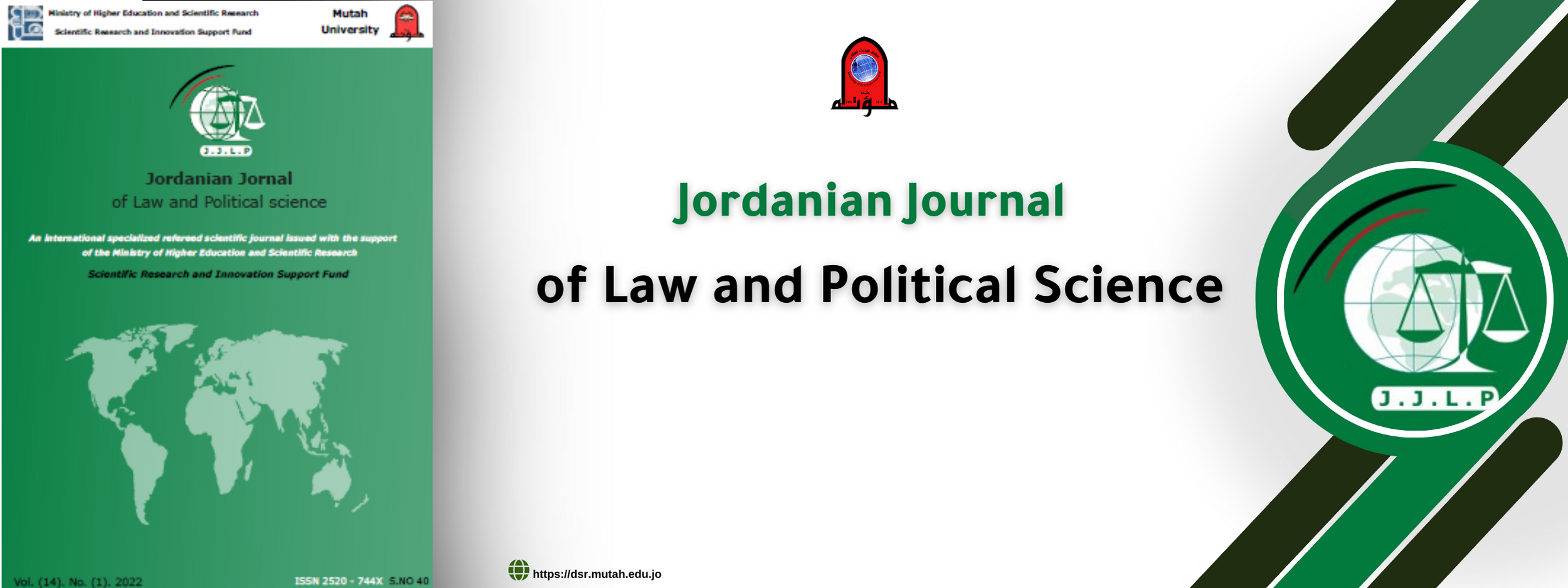Admissibility of Illegally Obtained Evidence in the Criminal Proceedings:
An Analytical Study in the Scottish Criminal Law
DOI:
https://doi.org/10.35682/jjlps.v15i4.559Keywords:
Exclusionary Rule, Illegally Obtained Evidence, Scottish Criminal Law, Moral LegitimacyAbstract
This study examines the position of Scottish criminal law and judiciary in evaluating illegally obtained evidence. It reveals that the Scottish judiciary has so far failed to develop a theoretical framework to guide the judges in exercising their discretion for either accepting or excluding evidence if obtained illegally. The study also concludes in this regard that the Scottish jurisprudence may well be characterized as contradictory, ambiguous, and incoherency for several reasons, the most of which is the absence of a rationale on which the court can rely in accepting or excluding evidence obtained illegally, and the reluctance to concede a discretion to the trial judge in this regard. Accordingly, this study calls for adopting an approach represented in preserving the "moral legitimacy of the criminal justice system" and the "respect of the integrity of the process" to achieve harmony and coherence in jurisprudence.







